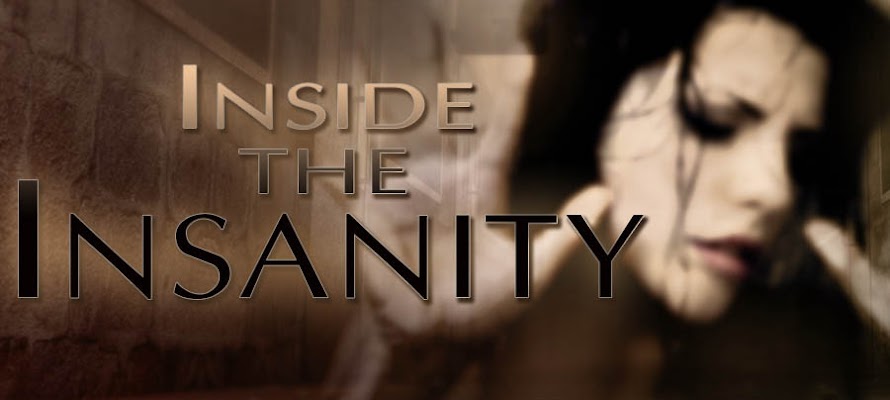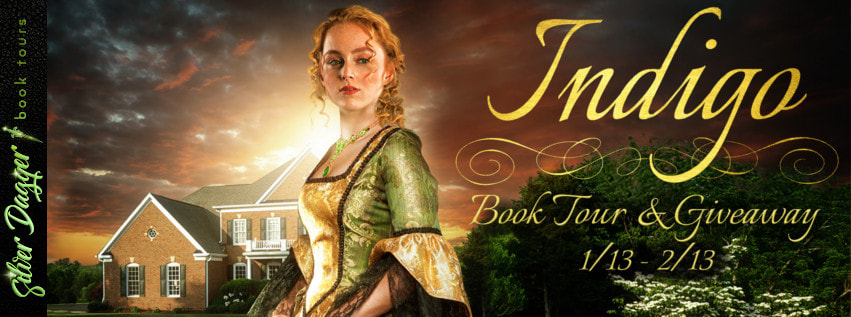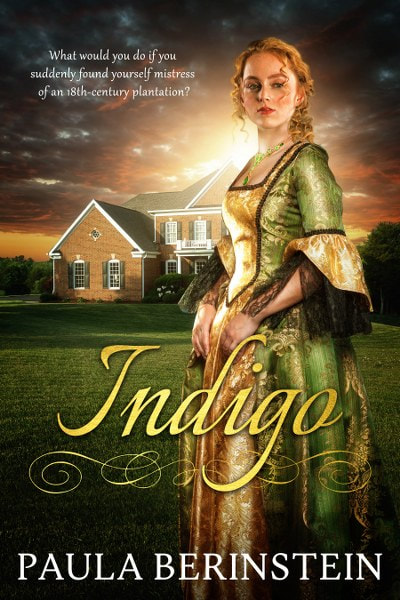Writing a Historical Novel
Paula Berinstein
Whether their work is called time travel or historical fiction, an author who writes stories set in the past needs to deal with history. From the number of stories published in this genre you’d think it was easy, but to me it’s just about the most daunting thing a non-historian can write, whether the tale is drenched in detail or takes a broad brush approach. If you get it wrong people will scream, and chances are the story won’t work.

Photo Credit: Bernhard Rode, Public domain, via Wikimedia Commons
Clio makes being a historian look easy—and elegant
When I began planning the Indigo series I had zero confidence that I could write an entire historical novel. In my Amanda Lester, Detective series for tweens and teens I do laborious research just to get minor details right, and it’s set in the present! I’m not sure anyone can tell, but I don’t just make up Amanda’s world. There really is such a thing as acoustic levitation (lifting things with sound waves). A person with two DNA identities really can exist: they’re called a chimera. There really is an old sugar manufacturing plant alongside the Thames. But writing an entire novel based in a place and time I know little about? That’s a tall order.

Photo credit: OpenClipart-Vectors from Pixabay
A chimera really does exist! It’s a person with two sets of DNA.
When I decided to try my hand I got hold of a few books about South Carolina in the colonial period and began reading. Yikes, they were so dull and so packed with information my head hurt. I was absolutely sure I would never retain a thing and would have to scuttle the project.
But little by little the facts began to stick, and eventually I understood enough to concoct a basic story. I had to stop constantly and look things up—still do—and that’s not only tedious but sometimes nearly impossible. When you begin writing a scene that takes place in Charles Town in 1751 you need to know how the city was laid out, whether there were sidewalks, whether slaves were allowed to stay in inns with their masters, what kinds of boats the planters used, and a million other details. Of course you can never find them all in one source so you have to go running around looking for needles in haystacks, even when, as I did, you’ve joined the South Carolina Historical Society. (They charge for custom research, so costs can add up quickly, but if you do the work yourself it can take forever. Needless to say I’ve opted for the latter despite its drawbacks.)

Photo credit: gillingsham6 from Pixabay
Good luck finding out how Charles Town, South Carolina was laid out in 1751
As I do this work I wonder about all those writers who publish regency romances, stories set in old Scotland, and World War II adventures. How much research did they do and how long did it take? How much of what they wrote is accurate? Are they just smarter and faster than I am? I have no idea. Surely they’re not all Hilary Mantels, but you don’t have to be, do you? Imagine if that were a requirement to publish a time travel romance. They wouldn’t exist.

Photo Credit: Alina Kuptsova from Pixabay
Writing about knights is easy if it’s fantasy. Not so much if it’s history.

Photo Credit: GregoryButler from Pixabay
How much do you know about battleship engine rooms? I know diddly squat.

Photo Credit: Pete Linforth from Pixabay
The Pyramids are romantic but what do the insides look like? How do they smell? Is it hot or cold in there? Do you need a key to open the door?
If you’re a writer of historical fiction, I’d love to hear from you. Do you worry about every little fact or do you gloss over some details? Do you have a degree in history? Do you read a hundred books before getting started? How long did it take you before you felt you had a good grasp on the time and place? No matter what you say I won’t stop writing, but it would be fun to swap stories. If you’re not an author, I’d still love to hear what you think. We story lovers need to stick together.








Thank you so much for featuring my book!
ReplyDeletexo Paula